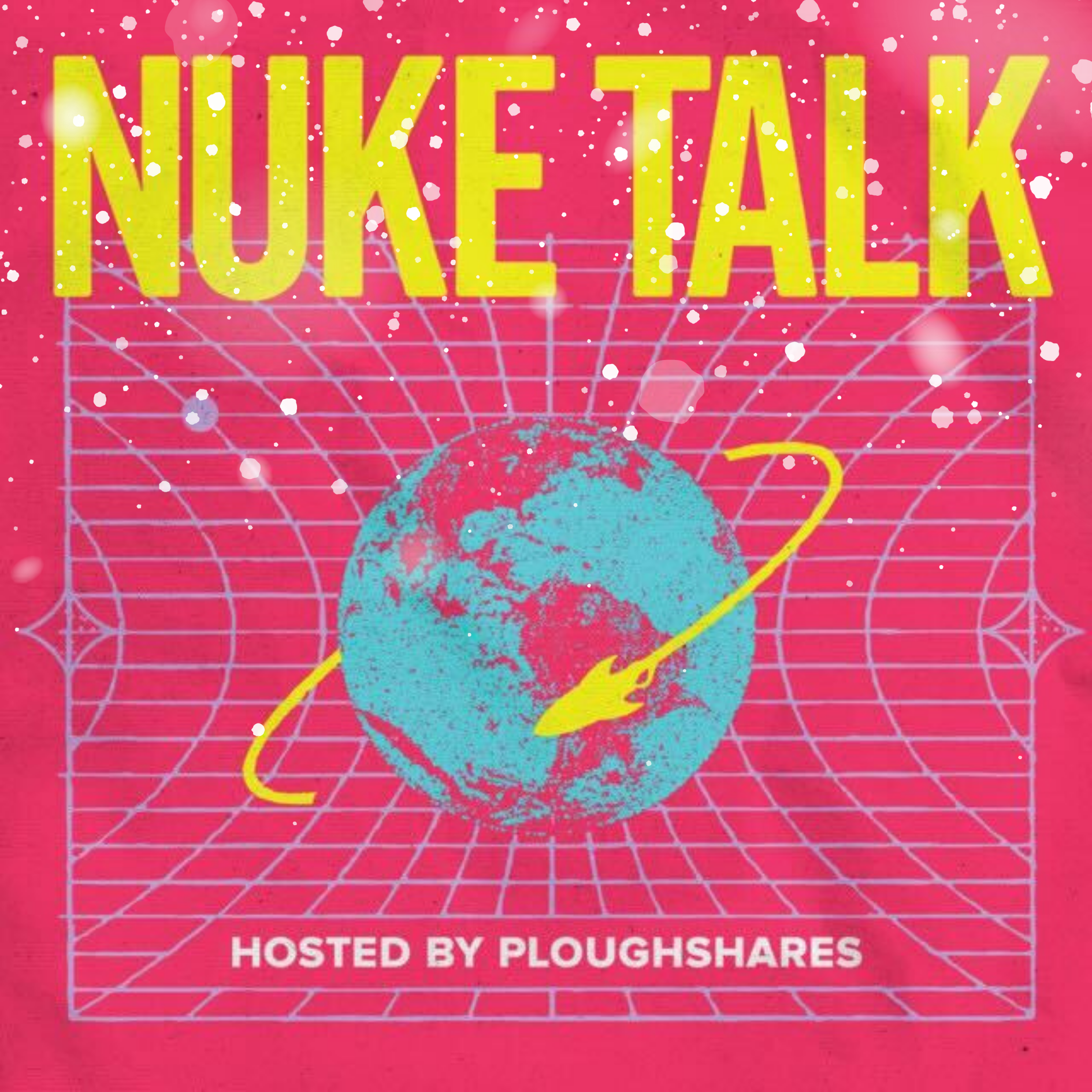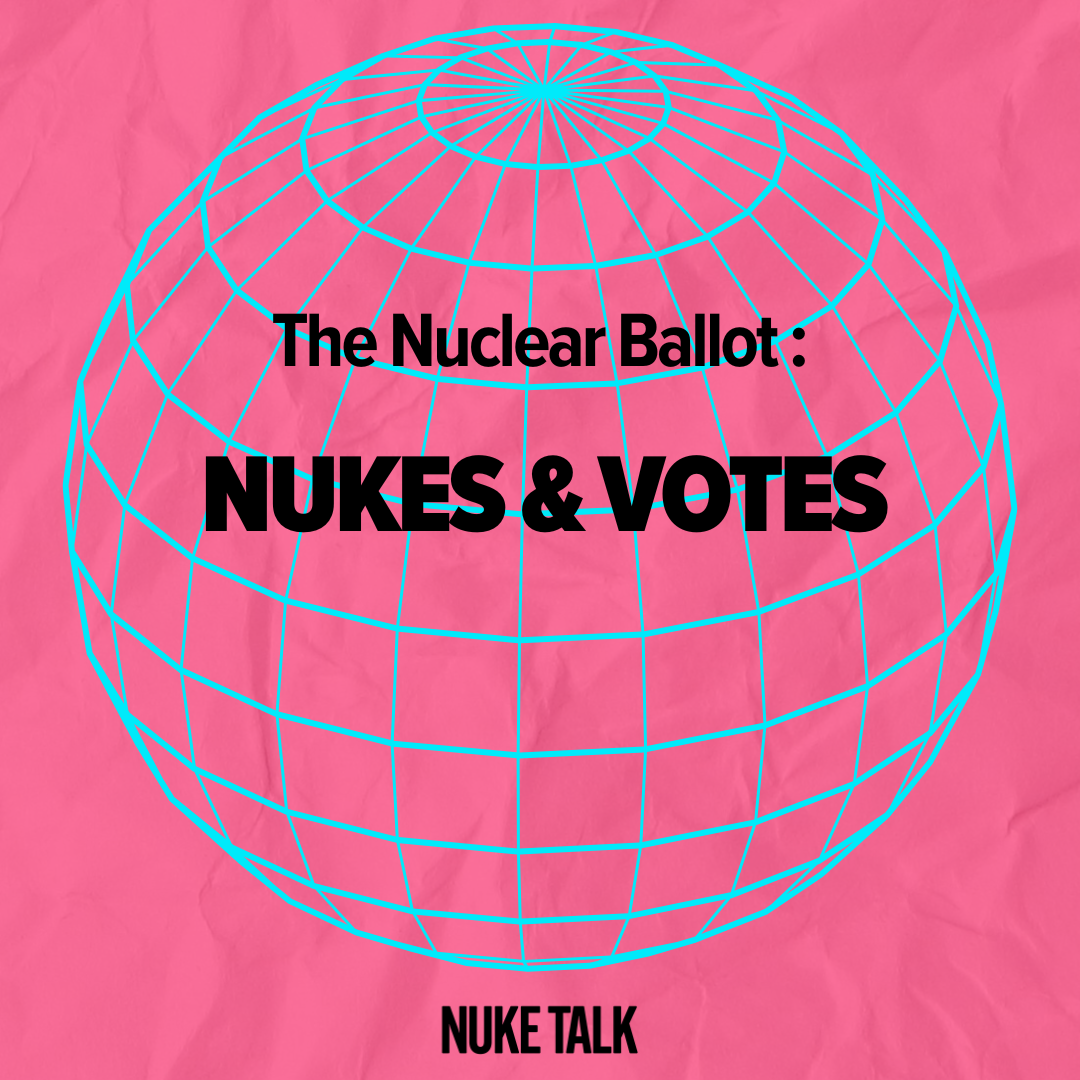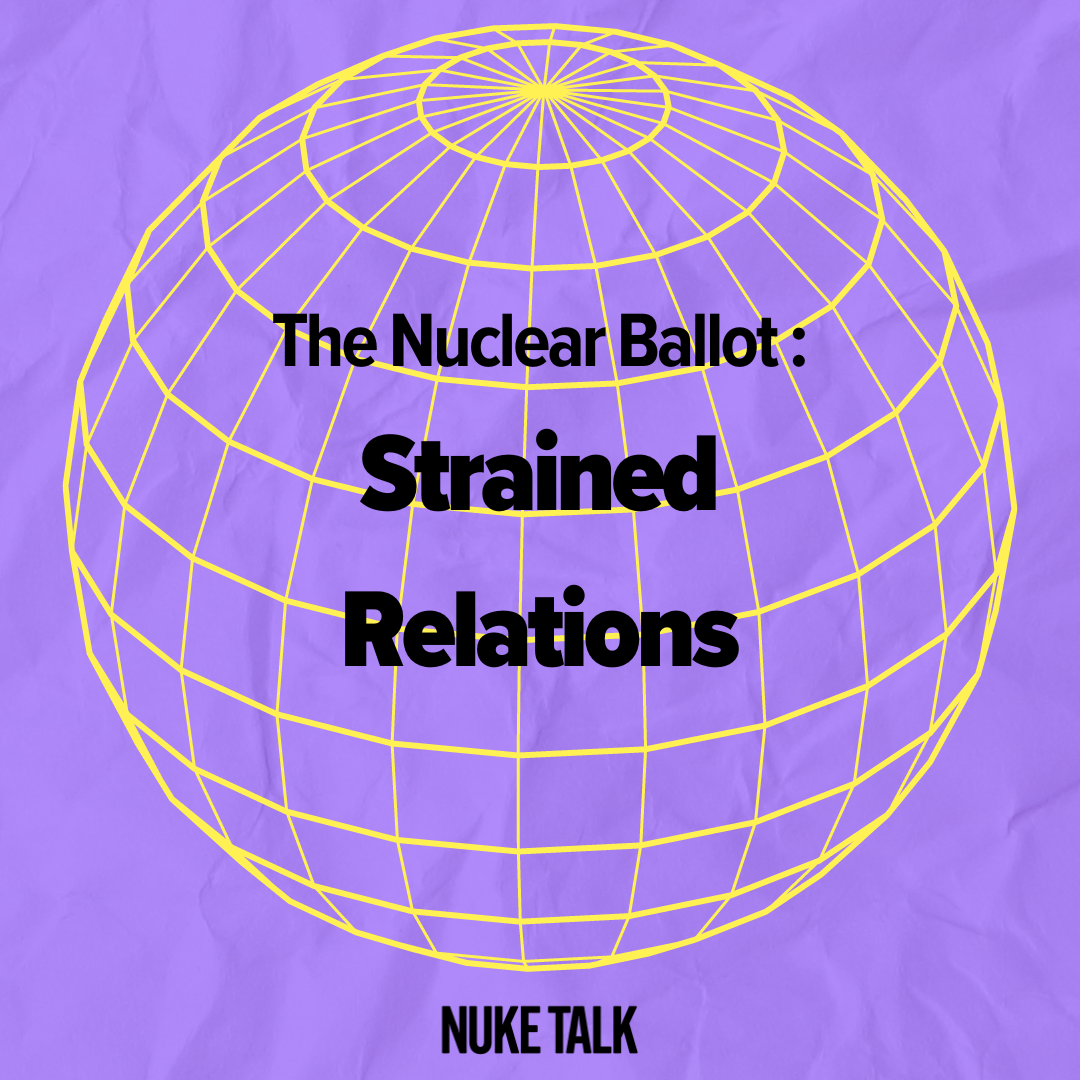Story Center
Current news and exciting stories highlighting the good, the bad, and the truth about nuclear weapons in the world.
The Big Story
Elizabeth Warner Reflects on 13 Years at Ploughshares and the Path Ahead
After 13 transformative years at Ploughshares, Elizabeth Warner, the organization’s Executive Director, is stepping down. Warner’s tenure has been marked by pivotal achievements in the global nuclear disarmament landscape and a steadfast commitment to fostering equity and innovation within the organization.
Please contact Charles Crosby at ccrosby@ploughshares.org for further information on any of these stories or to arrange for interviews.













